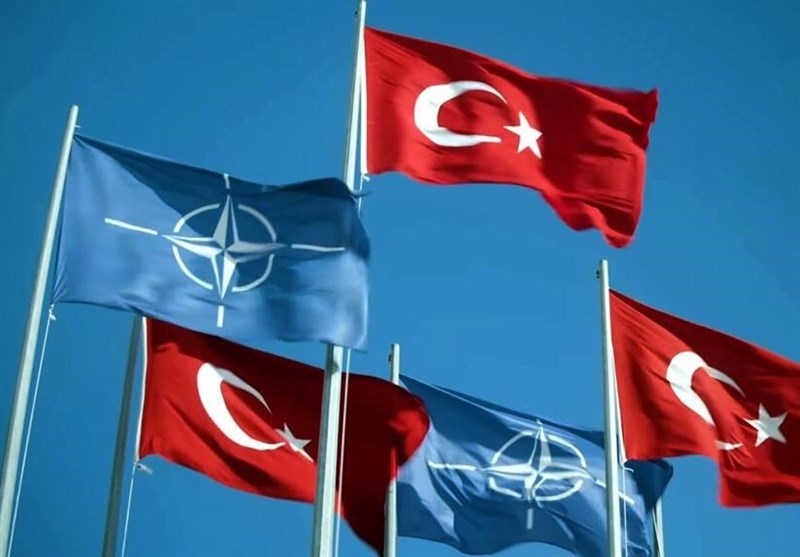It is emphasized in the official positions of that country that Turkey will become an essential member of the organization on the 70th anniversary of its membership in NATO and will remain a strong member of it. According to the Turkish Defense Minister, Hulusi Akar, the country, which has become an international subject under the leadership of President Erdogan, has done very important work and achieved great success.
For many years, Turkey boasted of being a NATO base at the forefront, a position that made Turkey an important and strategic member of NATO. But this definition was more valid for the Cold War years. Today, however, the Cold War era is over and it is moving towards completely different global and regional systems. Thus, Turkey’s strategic importance and value for NATO is being redefined.
Of course, Turkey’s policies in NATO have faced ups and downs. One of those problems is Turkey’s cooperation with the United States as two NATO members. Although the United States has complained about the purchase of the S-400 system by Turkey and has threatened it, Erdogan believes that the issue of S-400s is also a very important step between Turkey and Russia.
It should be noted that the United States did not deliver to Turkey some of the equipment paid for by Turkey, especially F-35 fighters. A sum of 1.4 billion dollars was paid to the United States for the purchase of F-35 fighter jets, but they did not deliver the fighter jets and are still taking Turkey’s time.
A group in the United States believes that the purchase of the S-400 from Russia is an unprecedented violation of NATO rules. The Erdogan government’s response to the 2016 coup, disagreements over Syria, criticism of Turkey’s human rights policies, and its anger at the United States have created a serious rift in Turkey’s relations with other NATO members.
On various issues, Erdogan pursues policies contrary to those of the United States and NATO. Turkey’s policy toward Iran, Syria and Iraq, cooperation with Russia, its Black Sea policy, and the new neo-Ottoman claims in the Mediterranean have strained Turkey-US relations. According to this belief, Turkey must stand against the provocation of Russia through the holding of NATO exercises by the United States in the Black Sea and adhere to the approach that “Black Sea is the issue of the Black Sea coastal states”. Turkey should oppose Ukraine and Georgia membership NATO.
As a member of the Western Alliance and as a NATO ally, Turkey will continue to play a role in reducing tensions in having good relations with Russia and Ukraine.
The sale of armed drones to Ukraine provoked a strong reaction from Moscow. Putin currently prefers to reflect this dissatisfaction by quoting his lower-level executives, given the gap he has created in NATO through the sale of S-400 systems to Turkey.
Ties between Turkey and Greece, the two NATO members, have often been strained, with relations deteriorating sharply last year and warships in the eastern Mediterranean clashed with each other over maritime borders and energy rights.










0 Comments